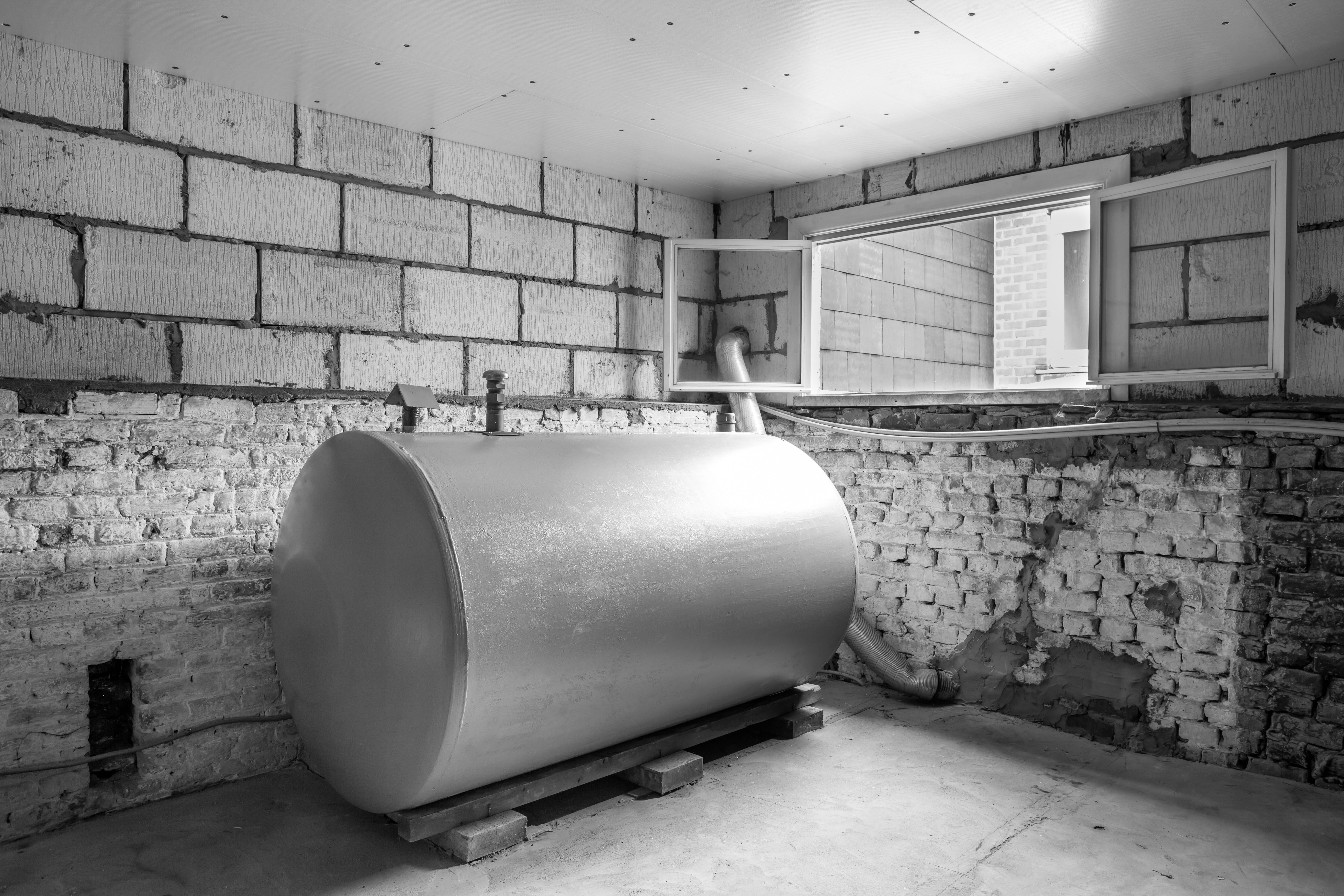The condition of oil tanks in residential tanks is rarely looked at by homeowners, yet the tanks are crucial for the safety and comfort of your home. The replacement of oil tanks is a crucial investment for homeowners as it directly impacts infrastructure and also the safety of the home.
Oil tanks for residential use are the unnoticed powerhouses of a home, supplying an unquestionable source of fuel to heat as well as hot water systems. However, as time passes, corrosion may begin to form, which could cause leaks or environmental hazards. The condition of the oil tank should be inspected by the homeowners and replacement is a priority if it is needed. The need for proactive oil tank replacement is not merely a financial consideration it’s a critical step to prevent environmental contamination as well as protect your home and guarantee a continuous fuel supply for heating.

Consider the Cost
The financial aspect of replacing oil tanks is an important consideration for homeowners. The cost of replacement can vary according to factors like tank size, installation complexity and any other requirements for environmental compliance. It is important to budget effectively by obtaining precise estimates from reliable oil tank service providers. The initial investment can be significant but it’s vital to maintaining security and function.
Factors Influencing Replacement Costs
Various factors influence the cost to replace oil tank. The size and type of tank, its accessibility to the location of installation and environmental remediation requirements and compliance with safety requirements and construction codes are all a part of the equation. The homeowners must be aware of the fact that costs for labor and materials are involved, as well any future upgrades. This knowledge lets homeowners make informed decisions regarding replacement costs.
Prioritizing Environmental and Safety Considerations
The replacement of oil storage tanks is usually motivated by safety and environmental concerns. Tanks that are old and corroded can leak and pose the risk of contamination to groundwater and soil. Removing damaged tanks reduces environmental hazards, protecting the environment around the property. Moreover, adherence to strict safety guidelines during the installation of new tanks prevents injuries, and helps ensure the health of the household.
Picking a dependable service provider
The selection of a reputable oil tank replacement service is vital to ensure a seamless and dependable procedure. Homeowners should find licensed professionals who have experience with oil tank installation and removal. Ideal is a provider who has a track record of replacement of oil tanks and is dedicated to the environment and safety. Professions with integrity ensure that requirements for replacing oil tanks are met with professionalism and integrity.
Long-Term Benefits Outweigh Initial Costs
Although the expense of oil tank replacement may initially seem significant, the long-term benefits are irresistible. Removing old tanks can save homeowners cash on expensive remediation costs and the damage to their property because of leaks. A new tank installation can offer improved security and efficiency, giving you peace of peace of. The end result is that replacing the oil tank is a proactive approach which protects your home, promotes sustainability and enhances longevity of comfort and security.
In the end the replacement of oil tanks is not just a financial investment; it is a fundamental step homeowners must take to guarantee safety, functionality, and environmental integrity of their property. By understanding the significance of replacement, taking into account the costs, and prioritizing the safety and environmental aspects, homeowners can make informed decisions. Through proactive maintenance, and replacing damaged equipment homeowners can make a difference to an environmentally sustainable and safe living environment.